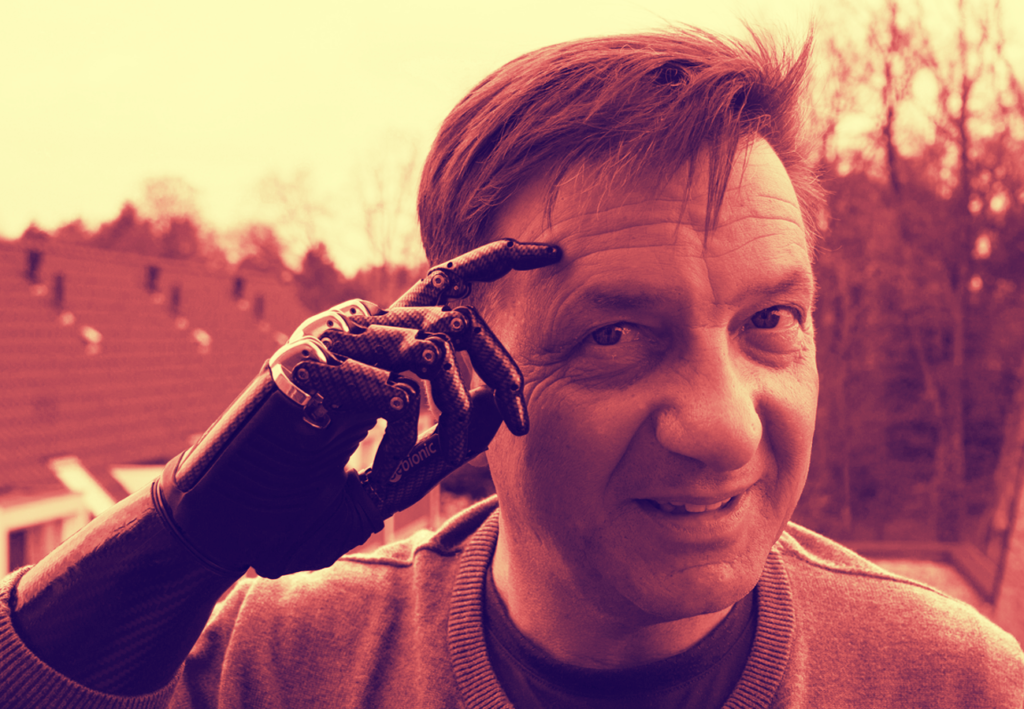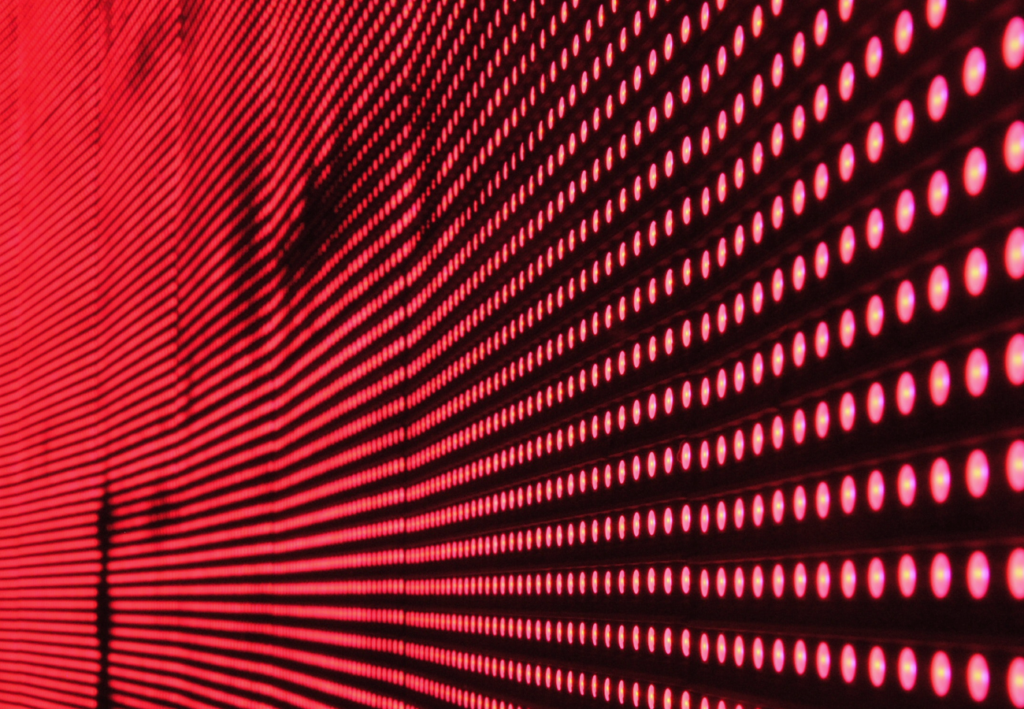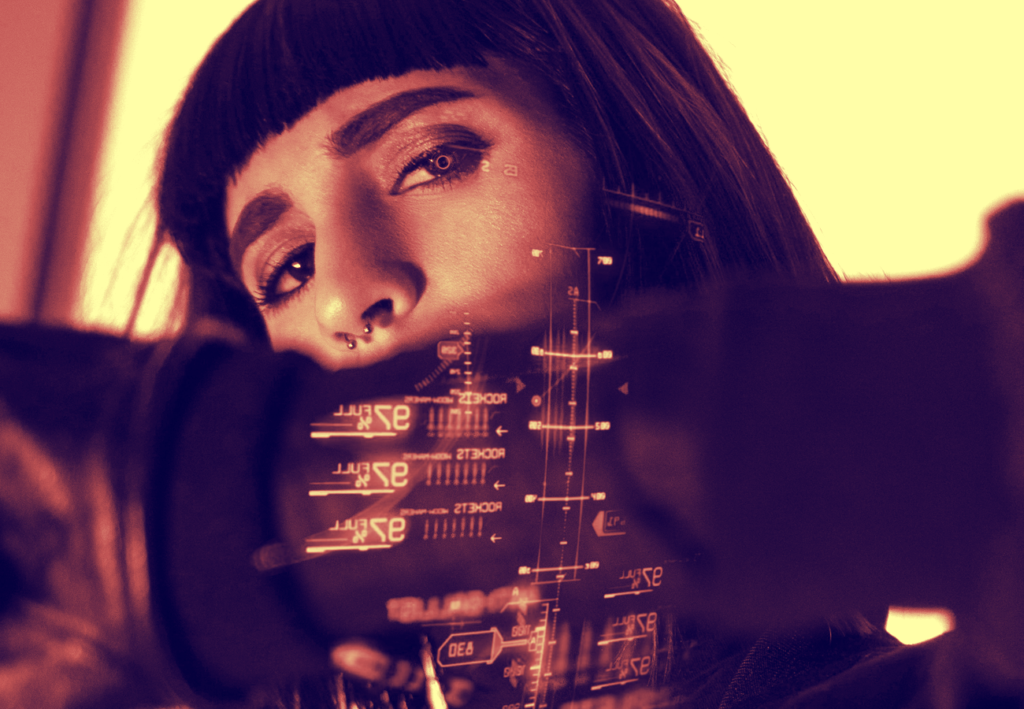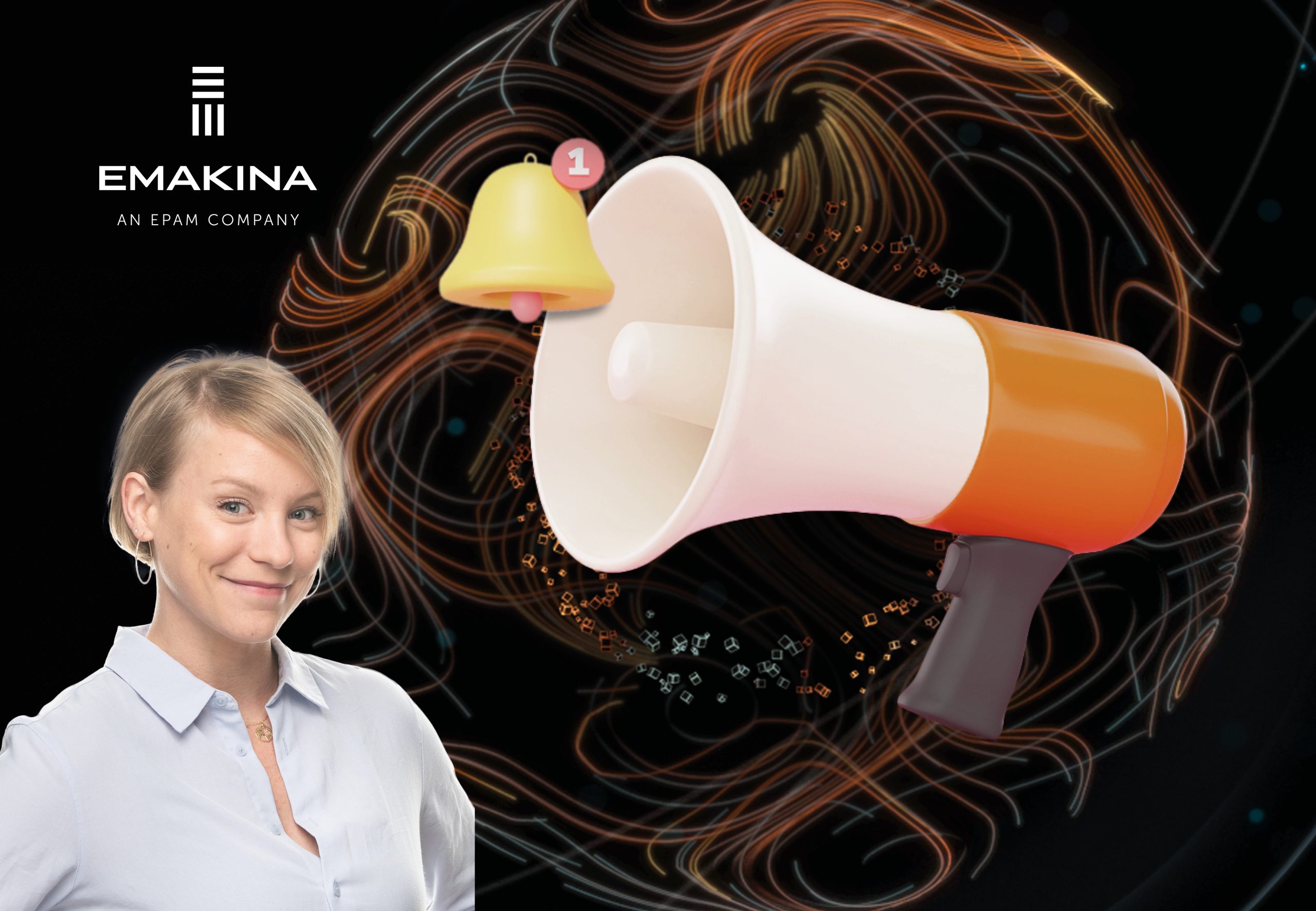When science catches up with sci-fi

Ever since Jules Verne, each generation has enjoyed its own batch of science fiction authors, for better or worse. And the best among them changed the world as much as – if not more than – Rabelais, Cervantes, Swift, Hugo, Kundera and their fellow master novelists. While such writers encouraged readers to consider new perspectives in art, politics and society and taught them how to think beyond the dusty schools of philosophy, writers like Verne, Dick, Gibson, Asimov, Herbert, Orwell, Spielberg and Kubrick inspired generations of visionaries, creatives and engineers to make their sci-fi dreams come true. Many in the Emakina Group share those dreams of designing digital solutions that make everyday life easier and more liberating, contributing to a future where science catches up with fiction.
They say the art of writing is to make readers think, as well as entertaining them. Sci-fi authors go even further and inspire their fans to create. To the point where some fans opt for careers in STEM fields (Science, Technology, Engineering and Mathematics) so they can turn their favourite authors’ inventions into reality. Think of Jules Verne fans creating submarines and rockets, Elon Musk and Jeff Bezos fantasising about life on Mars as imagined by Philip K. Dick, and let’s not forget the geniuses of Google ATAP’s Soli Project, whose work makes Minority Report’s famous motion recognition interface look like a novelty gadget.
Imagine. Inspire. Create. Repeat.
When talking about sci-fi inventions that have come true, beloved space opera Star Trek ranks as one of the most foresighted scientist -inspiring dream- machines (even if some of the items on this list are not exclusive to Spock and Co’s adventures): mobile phones (including hands-free mode), Tricorder, teleportation (though only in the field of quantum physics), AI-powered personal assistants, 3D printers, universal translators, touchpad tablets, etc. By the way, the chances are that your next smartphone will unfold into a tablet, and have little reason to envy the tactile interfaces so many Westworld fans dream of.

Science will never stop running after fiction
Nowadays though, our fascination with space has largely given way to the exploration of AI and transhumanism – topics that are trending with many reputed authors (even some who rarely dwell in sci-fi territories). Physician and entrepreneur Laurent Alexandre, for instance, is best known for cofounding WebMD’s French equivalent Doctissimo, but his writings and TEDx talks give away his obsession with transhumanism, the threat of neuro-totalitarianism, and the possibility of humanity reaching immortality ‘in the near future’.
Transhumanism, noir novels and artificial intelligence
In Google Democracy, co-written with David Angevin, Laurent Alexandre imagines a confrontation of Google cofounder Sergey Brain – on the brink of creating a conscious AI and thus achieving the Singularity – and billionaire conservative politician Milton Earle, who sees Google as a threat to all mankind. Both wage a proxy war on each other via their respective investigators, while eugenics rages on in the USA, thanks to genetic manipulation and the advancements of surgery and biochemistry. In Adrian, Human 2.0, the same authors tell the tale of a genetically modified man, with perfect intelligence and physical fitness, who becomes a serial killer, because he sees unmodified humans as an inferior race to eliminate.
In La Chute de l’Empire Humain : Mémoires

However, futuristic trends sometimes take a less spectacular form when they’re confronted by reality. Humans are not yet convinced by the necessity of robotic implants, while gadgets can offer the same results without the physical intrusion. I would personally be happy with just my iPhone and Apple Watch – or even connected glasses – rather than having surgery to turn my corneas into display screens or fill my body with microchips and sensors.
Any sufficiently advanced technology is indistinguishable from magic.
Arthur C. Clarke
However, futuristic trends sometimes take a less spectacular form when they’re confronted by reality. Humans are not yet convinced by the necessity of robotic implants, while gadgets can offer the same results without the physical intrusion. Beyond the iPhone and Apple Watch, connected glasses are likely to be similarly welcomed, without the need for surgeries that turn corneas into displays or fill the body with microchips and sensors.

Clarke’s 3rd law and digital agencies
The added value of digital implants may not be worth the cost. Our gadgets have already upgraded us to humans 2.0, and would make our forebears see us as divine beings blessed with superpowers. ‘Any sufficiently advanced technology is indistinguishable from magic’, as Arthur C. Clarke perfectly put it – and this we couldn’t conclude without a nod to this great sci-fi author.
At Emakina, we sci-fi fans work tirelessly to create a future worthy of our childhood dreams!
Brice Le Blévennec, CVO Emakina Group
The agencies in Emakina Group count many geeks among their ranks, whose childhoods were lived in sci-fi universes. They are the ones helping create, today, the world we were dreaming of yesterday: one filled with autonomous cars, digital butlers, chatbots, personalised ads in public places, augmented reality apps and image recognition software. And in this world of ever-accelerating digital transformation, the delay between imagination and realisation has shortened from decades to mere months. Today’s sci-fi writers had better stay up-to-date with tech news, lest they ‘invent’ something that already exists.

Weitere Beiträge im Blog
Zum Blog-
E-Commerce Trend #3 – Omnichannel. Worauf sollten Unternehmen 2023 achten? Unser Experte, Georg Kafka, im Interview.

-
E-Commerce Trend #2 – Social Media. Mehr als ein Trend? Unsere Digital Marketing Expertin, Verena Scheucher, im Interview.

-
Relationship marketing – noch im Trend?

-
E-Commerce Trend #1 – Künstliche Intelligenz. Was halten wir davon? Unser Experte im Interview.

